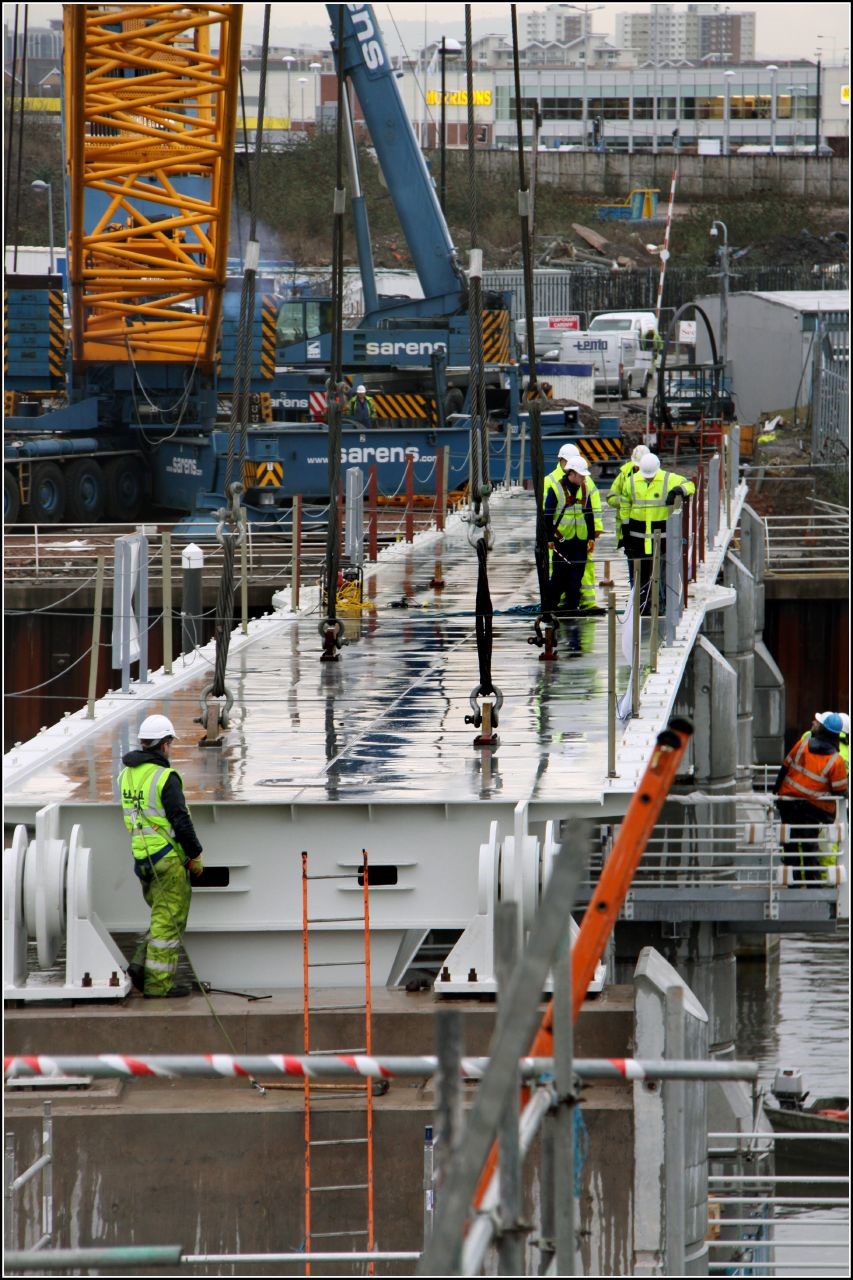On 15 March the Assembly will debate the Economy, Infrastructure and Skills Committee’s report on the National Infrastructure Commission for Wales (NICfW).The Committee found much to agree with when scrutinising the Welsh Government’s proposals, but made 10 recommendations to help ensure that Wales’s current and future infrastructure needs are met.
What is the National Infrastructure Commission for Wales, and why did the Committee choose to look at it?
The compact between Welsh Labour and Plaid Cymru in May 2016 included a commitment to establish a National Infrastructure Commission in Wales. The Welsh Government’s proposals for the NICfW are that it will be a non-statutory body that provides independent and expert technical and strategic advice to the Welsh Government on Wales’ long-term infrastructure needs over a 5-30 year period. This will involve making regular reports to the Welsh Government on economic and environmental infrastructure. Decision making and infrastructure policy will remain the responsibility of the Welsh Government.
The Cabinet Secretary for Economy and Infrastructure has said that his ambitions for the NICfW are to depoliticise contentious infrastructure decisions, and to speed up delivery of key projects. While in October 2016 the Cabinet Secretary said that he would aim to set the NICfW up by summer 2017, in a written statement on 8 March he said that he now aims for it to be established by the end of 2017.
Scrutiny of the plans to establish NICfW was a key priority of a number of stakeholders who responded to the Committee’s consultation on its priorities held last summer. Some of the main issues raised by stakeholders included the need for a long-term vision for infrastructure, the role and remit of the NICfW, how it will impact on key projects, learning from international best practice and how it can improve current arrangements for delivering infrastructure.
How did the Committee’s work add to the Welsh Government’s proposals?
The Welsh Government accepted 6 of the Committee’s recommendations, accepted 3 in principle and rejected 1 recommendation. So the Committee has influenced the model for the NICfW in the following ways:
- The preferred candidate for Chair of the NICfW will be scrutinised by an Assembly Committee in a pre-appointment hearing, as was recently done by the Finance Committee for the preferred Chair of the Welsh Revenue Authority.
- The NICfW will produce a ‘State of the Nation’ report on future Welsh infrastructure needs every three years to detach its work from the political cycle, and will produce an annual report focussing on governance, past and upcoming work. The Welsh Government will respond to all recommendations within 6 months.
- Its annual remit letter will provide information on how much the Welsh Government expects to be able to spend on infrastructure funding over the longest possible timescale, to give important context to its recommendations.
- The remit letter will also encourage NICfW to build strong relationships with the UK National Infrastructure Commission and Scottish Futures Trust to maximise effectiveness.
- Appointments to the NICfW will need to take account of the diversity of communities across Wales, and engagement at regional levels will be set out in its terms of reference.
- The Welsh Government will explore mechanisms such as the Development Bank to focus on how more private funding can be used to support infrastructure developments.
And what’s still up for debate?
One of the Committee’s key recommendations was that, following its initial establishment, legislation would follow to make the NICfW a statutory body.
This was influenced by evidence from federal and state level infrastructure advisory bodies in Australia which told the Committee that their status as an authoritative voice on infrastructure had been enhanced by their independent statutory status, and that the benefits of this approach would apply more widely than Australia.
The Chief Executive of the UK National Infrastructure Commission told the Committee that although being a non-statutory body had allowed it to be established more quickly, there was also a downside since stakeholders perceive it to be less permanent.
The Welsh Government rejected this recommendation, as it does not consider that the role or remit of the NICfW would be enhanced by being on a statutory footing. However it will consider this as part of a formal review taking place before the end of the Fifth Assembly.
There were also three recommendations which the Welsh Government accepted in principle.
The Committee recommended that the remit of NICfW be extended to include supply of land for strategically significant housing developments and related supporting infrastructure. While the initial remit of the NICfW will remain as economic and environmental infrastructure, this will be reviewed by the end of the Fifth Assembly. The Committee also wanted NICfW to be located outside Cardiff, and to share accommodation with another public body to lower costs. The Welsh Government has said it will consider this, given the need for independence from a range of bodies NICfW will need to work with.
Finally, the Committee considered that NICfW should be considered a public body under the Wellbeing of Future Generations (Wales) Act 2015 to promote collaboration, engagement with the public and independence. The Welsh Government will ensure that its terms of reference will make sure that NICfW is required to keep to the principles and goals of the Act. However it will not seek to amend the Act at present.
Article by Gareth Thomas, National Assembly for Wales Research Service.
This post is also available as a print-friendly PDF: How should the National Infrastructure Commission for Wales work? (PDF, 195KB)





